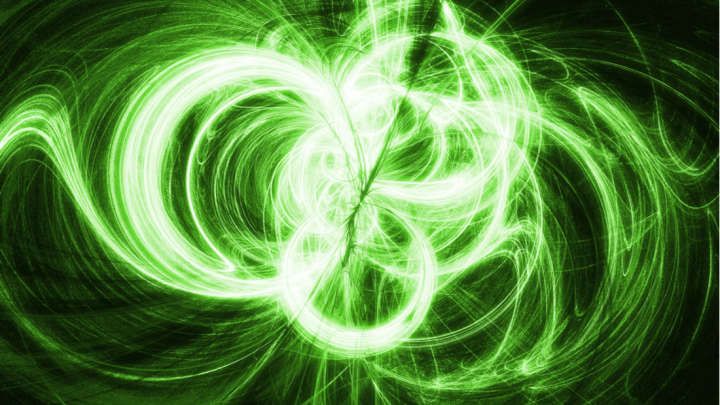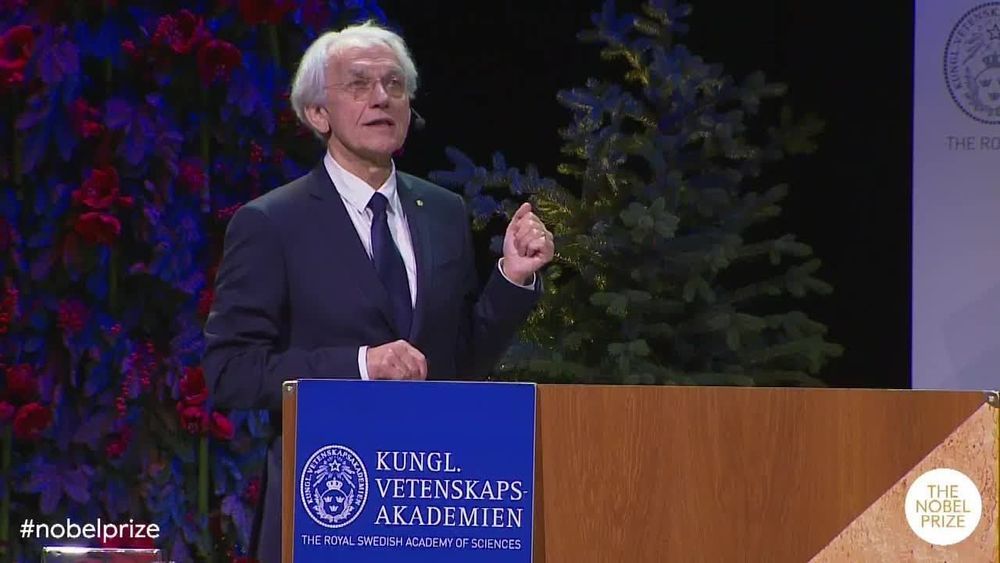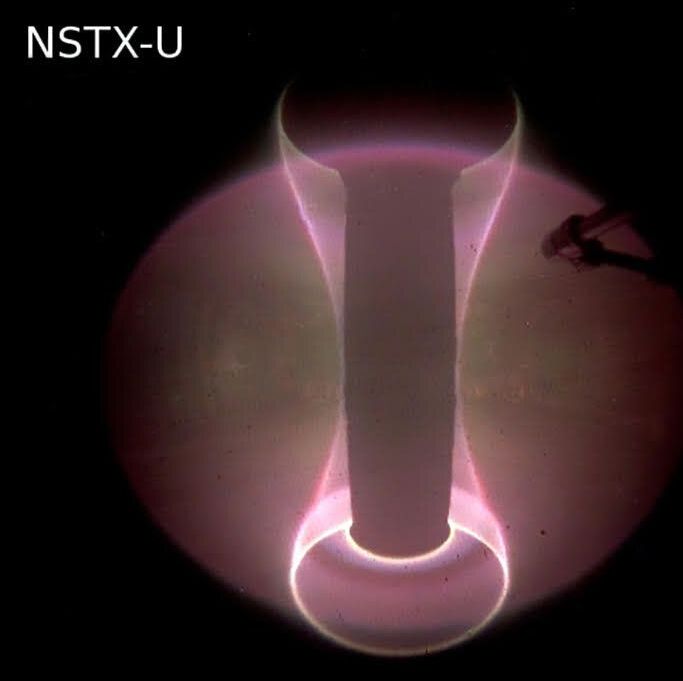Jun 2, 2019
Laser-driven technique for creating fusion is now within reach, say researchers
Posted by Quinn Sena in category: nuclear energy
A laser-driven technique for creating fusion that dispenses with the need for radioactive fuel elements and leaves no toxic radioactive waste is now within reach, say researchers.
Dramatic advances in powerful, high-intensity lasers are making it viable for scientists to pursue what was once thought impossible: creating fusion energy based on hydrogen-boron reactions. And an Australian physicist is in the lead, armed with a patented design and working with international collaborators on the remaining scientific challenges.
In a paper in the scientific journal Laser and Particle Beams today, lead author Heinrich Hora from the University of New South Wales in Sydney and international colleagues argue that the path to hydrogen-boron fusion is now viable, and may be closer to realization than other approaches, such as the deuterium-tritium fusion approach being pursued by U.S. National Ignition Facility (NIF) and the International Thermonuclear Experimental Reactor under construction in France.
Continue reading “Laser-driven technique for creating fusion is now within reach, say researchers” »
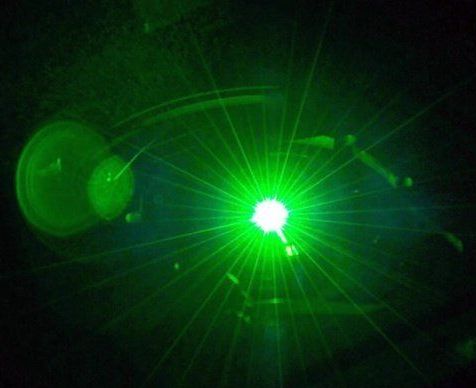
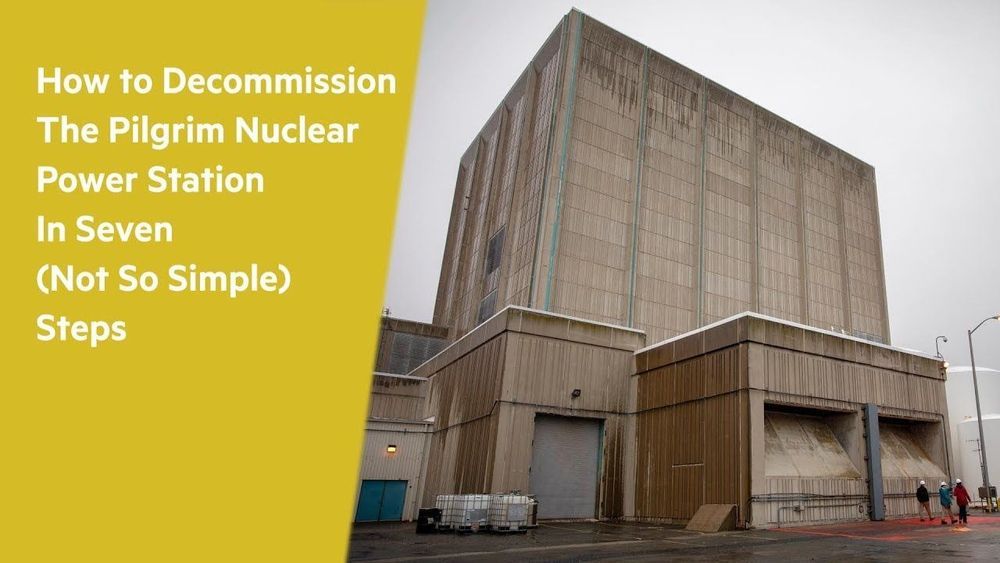
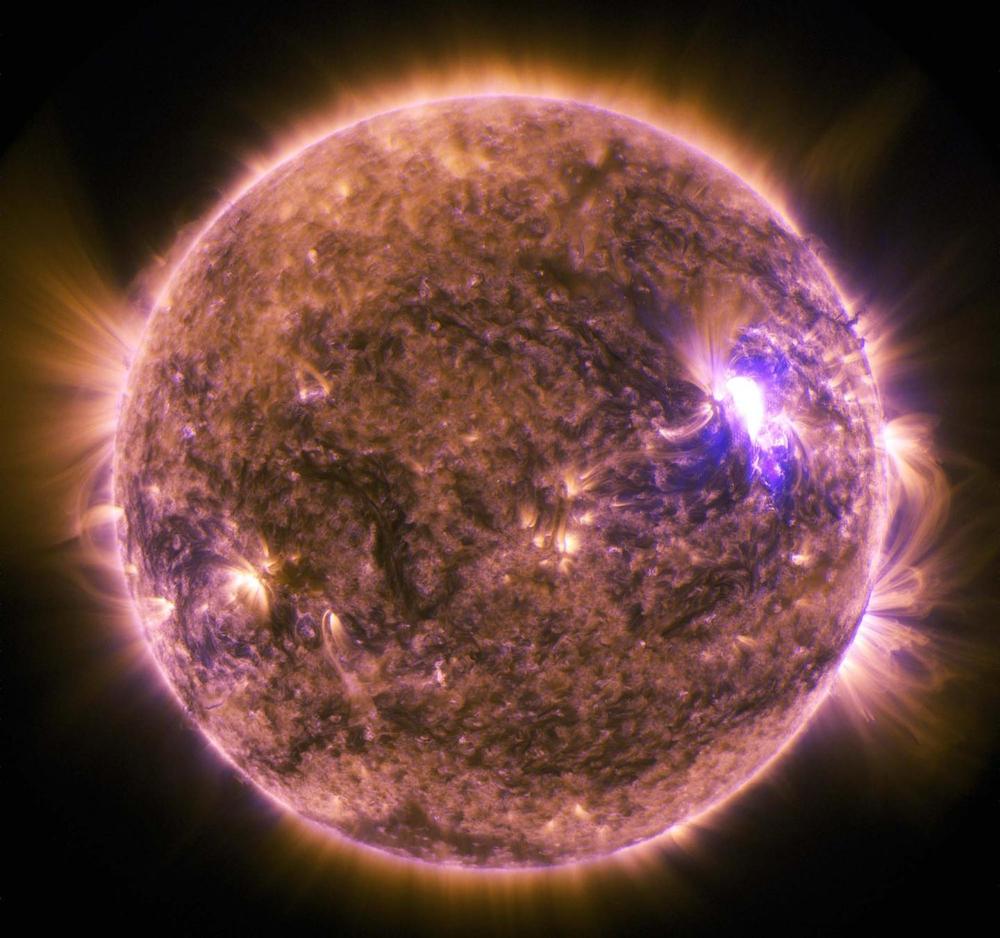
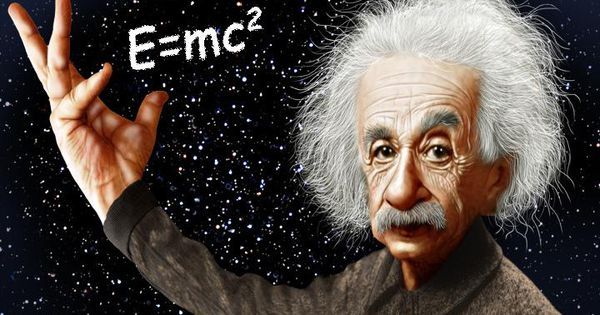

 Gamma radiation is the most penetrating and energetic form of nuclear radiation. To
Gamma radiation is the most penetrating and energetic form of nuclear radiation. To 